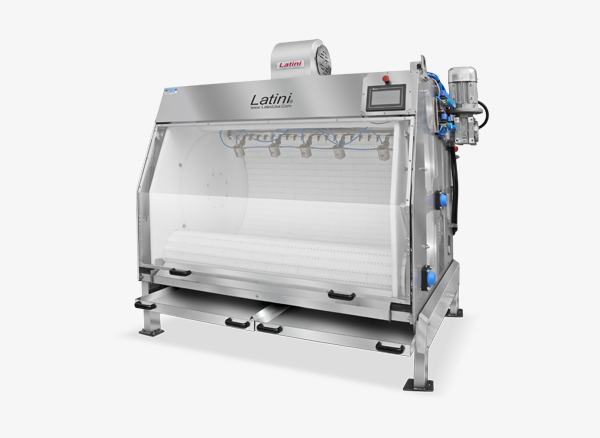
Brain tumours are among the most devastating diagnoses one can receive. Treatment options for brain tumours have advanced significantly in recent years, particularly with radiation therapy. Radiation therapy for brain tumours is a targeted treatment that uses high-energy rays to kill cancer cells in the brain while minimising damage to healthy brain tissue. This article will explore some of the targeted treatments and innovations in radiation therapy for brain tumours. For patients seeking advanced treatments for brain tumours, it is recommended to consider visiting a cancer hospital in Mumbai.
Here is the top Therapies you should be aware of:
-
Stereotactic Radiosurgery
Stereotactic radiosurgery is a type of radiation therapy that delivers a high radiation dose directly to the tumour while minimising exposure to surrounding healthy tissue. It is a non-invasive treatment option that can be completed in a single session, making it an attractive option for patients who cannot tolerate surgery or multiple radiation treatments. Stereotactic radiosurgery is often used to treat small tumours or tumours located in difficult-to-reach brain areas. It is a highly effective treatment option with a low risk of side effects, making it an attractive option for many patients. Patients seeking advanced stereotactic radiosurgery treatment for brain tumours can consider visiting a cancer hospital in Mumbai.
-
Proton Therapy
Proton therapy is a type of radiation therapy that uses high-energy protons to target tumours. Unlike traditional radiation therapy, which uses X-rays, proton therapy can be more precisely targeted to the tumour. You can also visit a cancer hospital in Mumbai for the best treatment, allowing for higher doses of radiation while minimising exposure to surrounding healthy tissue. Proton therapy is particularly effective for treating tumours in sensitive brain areas, such as the brainstem. Proton therapy is a relatively new technology but has shown great promise in treating brain tumours. It is particularly effective for treating tumours in sensitive brain areas, where minimising damage to healthy tissue is critical.
-
Brachytherapy
Brachytherapy is a radiation therapy involving placing radioactive seeds directly into the tumour. This allows for a high dose of radiation to be delivered directly to the tumour while minimising exposure to healthy tissue. Brachytherapy is particularly effective for treating small tumours or tumours located in difficult-to-reach brain areas. Proton therapy is a relatively new technology but has shown great promise in treating brain tumours. It is particularly effective for treating tumours in sensitive brain areas, where minimizing damage to healthy tissue is critical.
-
Immunotherapy
Immunotherapy is a treatment that uses the body’s immune system to fight cancer. In recent years, researchers have been exploring immunotherapy in combination with radiation therapy for brain tumours. This approach involves using radiation therapy to damage the tumour, which can trigger an immune response that helps the body fight cancer. Immunotherapy is an exciting new research area in treating brain tumours. Early studies have shown promising results, with some patients experiencing long-term cancer remission. Combining immunotherapy with radiation therapy may further enhance treatment efficacy.
-
MR-guided Radiation Therapy
MR-guided radiation therapy is a new technology that combines magnetic resonance imaging (MRI) with radiation therapy. This allows for more precise tumour targeting, as the MRI can provide real-time images of the tumour and surrounding tissue during the radiation treatment. MR-guided radiation therapy is particularly effective for treating tumours close to critical brain structures, such as the optic nerves. MR-guided radiation therapy is a cutting-edge technology still being researched and developed. Early studies have shown it to be a promising treatment option, particularly for tumours close to the brain’s critical structures. As this technology continues to evolve, it may become an increasingly important tool in the fight against brain tumours. Patients looking for the advanced MR-guided radiation therapy for brain tumours can consider visiting a cancer treatment hospital in Mumbai.
Conclusion
Radiation therapy for brain tumours has come a long way in recent years, thanks to targeted treatments and innovative technologies. These treatments and technologies allow for more precise tumour targeting while minimising damage to healthy tissue, improving outcomes for patients with brain tumours.
























